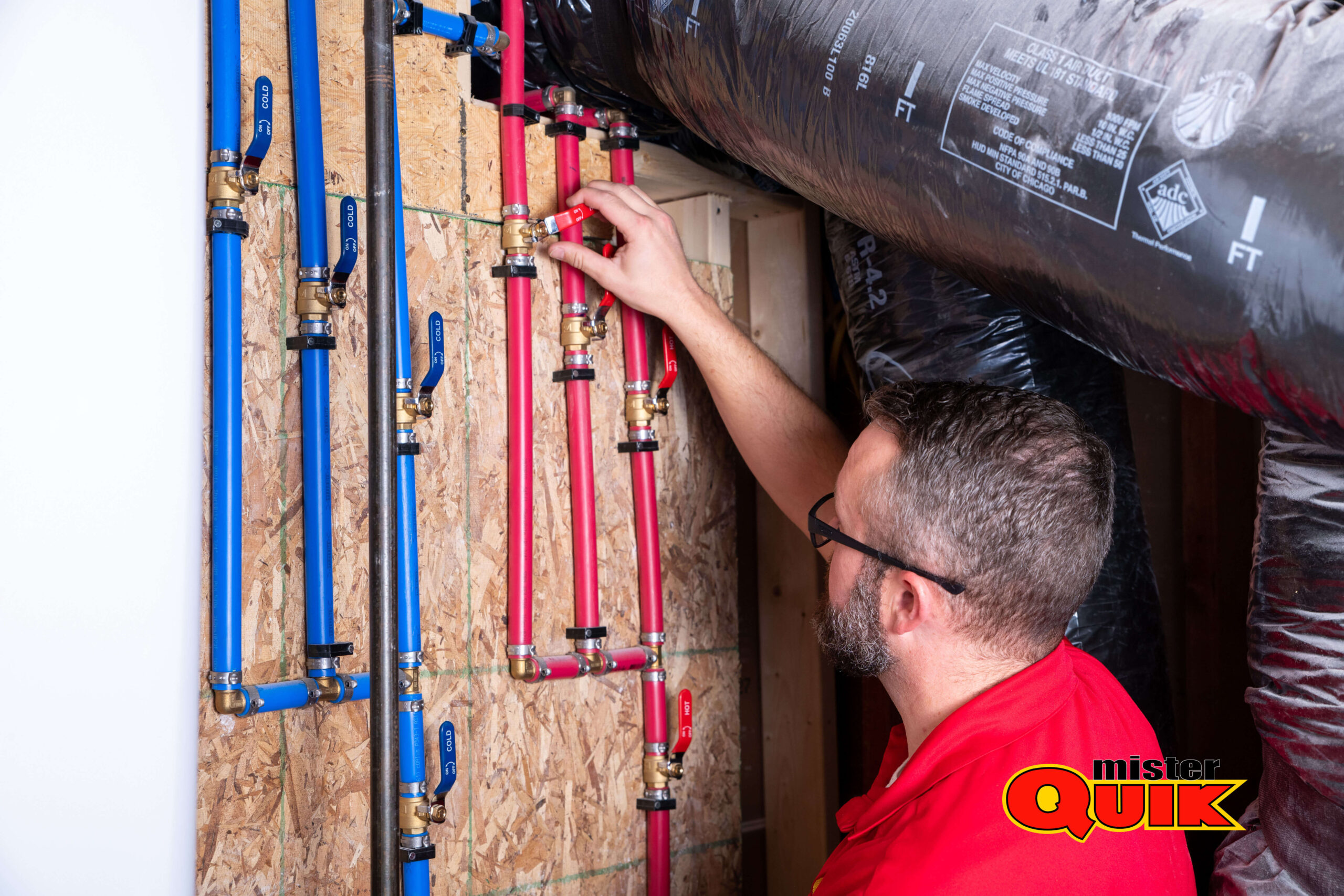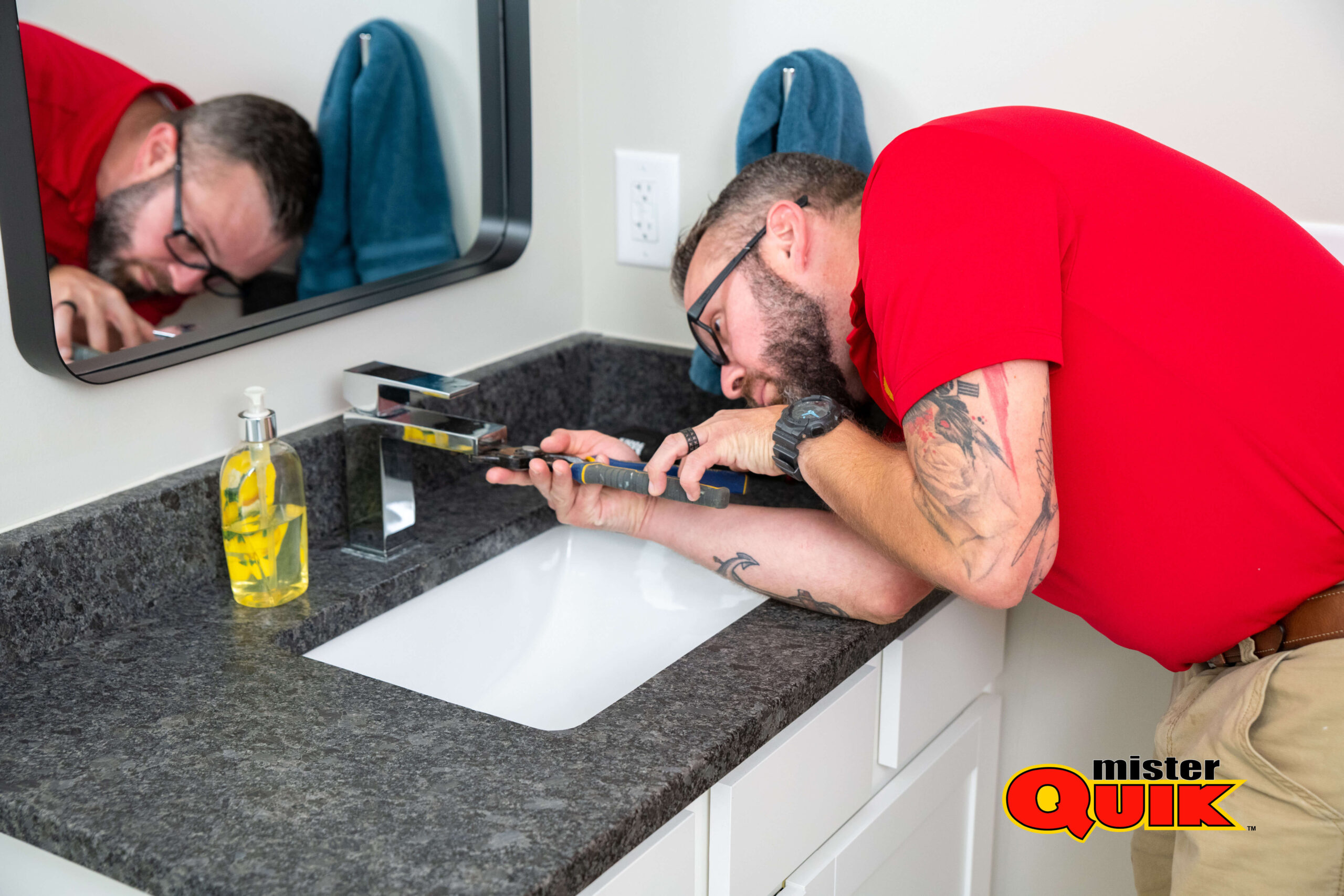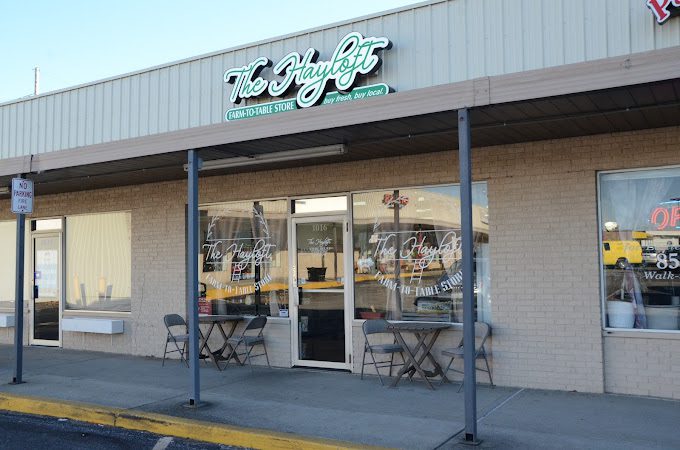Low Water Pressure Plumbing

Low Water Pressure in House
Experiencing low water pressure in your house can be frustrating, affecting daily tasks like showering, dishwashing, and laundry. Understanding the potential causes can help you address the issue effectively. Let’s explore some common reasons why you might be facing low water pressure:
- Pipe Corrosion: Over time, pipes can corrode, leading to blockages that restrict water flow.
- Leaks: Hidden leaks in your plumbing system can reduce water pressure by diverting water away from fixtures.
- Mineral Buildup: Mineral deposits can accumulate in pipes, narrowing the passages and impeding water flow.
- Pressure Regulator: A faulty pressure regulator can disrupt the balance of water pressure throughout your home.
- Municipal Supply Issues: Problems with the water supply from the municipal system can affect water pressure in your house.
- Clogged Aerators: Sediment buildup in faucet aerators can obstruct the flow of water, causing low pressure.
- Old Plumbing Fixtures: Aging fixtures may deteriorate, leading to reduced water flow and pressure.
- Water Meter Valve: A partially closed water meter valve can limit the amount of water entering your home.
- Well Pump Problems: If you have a well, issues with the pump or pressure tank can result in low water pressure.
- Water Softener Issues: Malfunctioning water softeners can contribute to low water pressure by impeding flow.
In conclusion, identifying the cause of low water pressure in your house requires thorough inspection and troubleshooting. Trust Mister Quik Home Services in Brownsburg to diagnose the issue accurately and provide effective solutions tailored to your needs.
Low Water Pressure in Shower
Experiencing low water pressure in your shower can be frustrating, but understanding the potential causes can help you address the issue effectively. Here’s what you need to know:
Mineral deposits and sediment buildup can restrict water flow through the showerhead.
Obstructions or corrosion within the pipes leading to the shower can hinder water pressure.
Partially closed or faulty shut-off valves can limit water flow to the shower.
Sediment buildup or a malfunctioning heating element in the water heater can affect water pressure.
Leaks in the plumbing system can reduce water pressure by diverting water away from the shower.
Temporary low water pressure may occur due to maintenance or issues with the local water supply.
Aging pipes and fixtures may deteriorate over time, leading to reduced water pressure.
Malfunctioning water softeners can cause scaling and buildup in pipes, affecting water pressure.
Pipes that are too narrow or improperly sized for the water demand can result in low water pressure.
In conclusion, identifying the cause of low water pressure in your shower requires careful inspection and troubleshooting. Trust Mister Quik Home Services in Brownsburg to diagnose the issue accurately and provide effective solutions to restore proper water flow to your shower.
Fixing low water pressure in plumbing typically involves several steps. First, check for any obstructions or clogs in the pipes, faucets, or showerheads. Next, ensure that the main shut-off valve is fully open. Inspect the pressure regulator to see if it needs adjustment or replacement. Clean or replace any aerators or filters that may be obstructed. If these steps don’t resolve the issue, it might be necessary to consult a professional plumber to diagnose and address any underlying problems in the system.
The most common cause of low water pressure is typically attributed to clogs or blockages within the plumbing system. These blockages can occur due to mineral deposits, sediment buildup, or debris accumulating over time in pipes, faucets, or showerheads. Additionally, issues with the municipal water supply or problems with the water pressure regulator can also contribute to decreased water pressure. Regular maintenance and occasional cleaning of fixtures can help mitigate these issues and restore adequate water pressure in the household.
Yes, calling a plumber for low water pressure is advisable as it could indicate underlying issues within your plumbing system that require professional attention. A plumber can accurately diagnose the cause of the low water pressure, which may range from clogged pipes to faulty fixtures or a more serious problem like leaks. Ignoring low water pressure can lead to further damage and potentially higher repair costs down the line, so it’s best to address it promptly with the expertise of a qualified plumber who can efficiently resolve the issue and restore proper water flow to your home.
To increase water pressure in a pipe, several methods can be employed. One common approach is to adjust the pressure regulator valve if present, typically located near the main water supply. Additionally, ensuring that the pipe diameter is adequate for the required flow rate can help maintain optimal pressure. Removing any obstructions or debris from the pipes and ensuring that there are no leaks along the pipeline are also essential steps. In some cases, installing a booster pump can significantly enhance water pressure throughout the system.
The cost of fixing low water pressure can vary depending on the underlying cause and the extent of repairs needed. Minor issues like clogged pipes or faucet aerators may only require simple solutions and incur minimal costs, typically ranging from a basic DIY fix to hiring a plumber for a moderate fee. However, if the problem is more complex, such as issues with the main water line or water pressure regulator, expenses can escalate considerably, potentially involving professional diagnosis, equipment rental, and labor charges. Overall, the cost to rectify low water pressure typically ranges from affordable DIY remedies to more substantial expenses for professional services, contingent on the specific circumstances.
Low Hot Water Pressure
Experiencing low hot water pressure can be frustrating, disrupting your daily routine and affecting various household tasks. Understanding the potential causes behind this issue is crucial for effective troubleshooting and resolution. Let’s delve into the common reasons why you might be experiencing low hot water pressure and what steps you can take to address it:


Over time, mineral deposits can accumulate in your water heater tank, obstructing the flow of hot water and causing reduced pressure.
Corroded pipes can restrict water flow, leading to diminished hot water pressure throughout your plumbing system.
A faulty pressure regulator can disrupt the balance of water pressure in your home, resulting in low hot water pressure.
Clogged aerators or showerheads, as well as faulty faucet cartridges, can impede the flow of hot water from individual fixtures.
If your water heater is undersized for your household’s hot water demands, it may struggle to maintain adequate pressure during peak usage times.
Hidden leaks in your plumbing system can divert hot water away from its intended destination, contributing to low pressure.
Partially closed or malfunctioning shut-off valves can restrict the flow of hot water, leading to reduced pressure.
In conclusion, identifying and addressing the root cause of low hot water pressure requires a systematic approach and may involve inspecting various components of your plumbing system. Trust Mister Quik Home Services in Brownsburg to provide expert assistance and reliable solutions tailored to your specific situation, ensuring your comfort and convenience are restored promptly.
Sudden Low Water Pressure in House
Experiencing sudden low water pressure in your house can be frustrating and inconvenient, but understanding the potential causes is the first step toward resolving the issue. Let’s explore some common reasons why you might be encountering sudden low water pressure:


Leaks in the plumbing system, whether in supply pipes or fixtures, can lead to a decrease in water pressure.


Partially closed or malfunctioning water supply valves can restrict the flow of water into your home.









Faulty or aging water meters can impede the proper measurement and distribution of water pressure.









Mineral deposits and sediment accumulation in pipes over time can constrict water flow and result in low pressure.









Corrosion of pipes, particularly in older homes with galvanized steel pipes, can lead to reduced water pressure.









A malfunctioning pressure regulator can cause fluctuations in water pressure throughout your home.









Issues with water softeners, such as clogged filters or incorrect settings, can impact water pressure.









Temporary issues with the municipal water supply, such as maintenance or repairs, can cause low pressure.









During peak usage times or extreme weather conditions, water pressure in your area may decrease temporarily.









Problems with the water heater, such as sediment buildup or a failing pressure relief valve, can affect overall water pressure.
In conclusion, sudden low water pressure in your house can stem from various factors, ranging from minor issues like clogged pipes to more significant problems with the municipal water supply or water heater. Trust Mister Quik Home Services in Brownsburg to diagnose the cause of your low water pressure and provide effective solutions to restore optimal water flow throughout your home.
Low Water Pressure in My Area
Experiencing low water pressure in your area can be frustrating, impacting daily tasks like showering, dishwashing, and laundry. Understanding the causes behind this issue is essential for finding effective solutions. Let’s explore the common reasons for low water pressure and what you can do about it:
Plumbing Leaks: Hidden leaks in your plumbing system can lead to a drop in water pressure as water is lost before reaching your fixtures.
- Corroded Pipes:
Over time, pipes can corrode, leading to blockages that restrict water flow and result in low pressure. - Mineral Buildup:
Mineral deposits can accumulate in pipes, particularly in areas with hard water, impeding water flow and causing pressure issues. - Faulty Pressure Regulator:
A malfunctioning pressure regulator can disrupt the balance of water pressure in your plumbing system, leading to fluctuations and low pressure. - Municipal Supply Issues:
Sometimes, low water pressure is due to problems with the municipal water supply, such as high demand or maintenance work. - Clogged Aerators:
Mineral deposits and debris can accumulate in faucet aerators, reducing water flow and causing low pressure. - Water Meter Valve:
If the water meter valve is partially closed, it can restrict water flow into your home, resulting in low pressure. - Main Shut-Off Valve:
A partially closed main shut-off valve can limit the amount of water entering your home, leading to low pressure. - Old Plumbing Infrastructure:
Aging pipes and plumbing fixtures may deteriorate over time, leading to low water pressure issues. - Peak Usage Times:
During peak usage times, such as mornings and evenings, water pressure may decrease due to high demand.
especially in older homes with outdated plumbing. - Debris in Pipes:
Foreign objects or debris lodged in the pipes can obstruct the water flow, resulting in reduced pressure at the fixtures. - Water Pressure Regulator Settings:
Incorrectly adjusted pressure regulator settings can lead to either excessively high or low water pressure throughout the home. - Seasonal Changes:
Water pressure may fluctuate seasonally due to factors such as temperature variations, which affect the demand for water in the area. - Faulty Fixtures:
Worn-out or malfunctioning fixtures, such as faucets, showerheads, or valves, can restrict water flow and cause low pressure. - Water Supply Interruptions:
Temporary interruptions or disruptions in the municipal water supply can lead to low pressure until the issue is resolved. - System Design:
Poorly designed plumbing systems with inadequate pipe layouts or improper elevation changes may experience pressure drops. - Well Pump Problems:
Homes with well water systems may experience low pressure due to issues with the well pump, pressure tank, or well components. - Water Softener Issues:
Malfunctioning water softeners or improper settings can contribute to low water pressure by restricting flow or causing blockages. - Water Main Issues:
Damage or leaks in the main water line serving the property can result in reduced pressure for all connected fixtures.
In conclusion, identifying the cause of low water pressure in your area is the first step toward finding a solution. Trust Mister Quik Home Services in Brownsburg to diagnose the issue accurately and provide effective remedies tailored to your specific needs, ensuring optimal water flow and comfort in your home.
What Causes Low Water Pressure?
Experiencing low water pressure can be frustrating, but understanding its causes is key to finding solutions. Several factors can contribute to low water pressure in your home:
Corroded or clogged pipes restrict water flow, leading to reduced pressure.
Leaks in the plumbing system divert water away from fixtures, decreasing pressure.
Sediment and mineral deposits can accumulate in pipes over time, narrowing the passage for water flow.
Malfunctioning pressure regulators can result in inadequate pressure throughout the plumbing system.
Temporary low pressure may occur due to maintenance or high demand on the municipal water supply.
Partially closed or faulty shut-off valves can limit water flow to specific fixtures, causing low pressure.
Sediment buildup in the water heater tank or faulty components can affect hot water pressure.
Inadequate water meter size relative to household demand can lead to low pressure.
Homes at higher elevations may experience lower water pressure due to gravitational forces.
Properties located far from the municipal water source may experience pressure loss due to distance.
In conclusion, identifying the root cause of low water pressure requires careful inspection and diagnosis by a qualified technician. Trust Mister Quik Home Services in Brownsburg to assess your plumbing system thoroughly and provide effective solutions to restore optimal water pressure.
Troubleshoot Checklist:
- Inspect for pipe corrosion, which can restrict water flow.
- Look for hidden leaks diverting water away from fixtures.
- Assess the pressure regulator for malfunctions disrupting water balance.
- Adjust or replace the regulator if necessary.
- Clean clogged aerators or showerheads obstructing water flow.
- Ensure shut-off valves are fully open to allow proper water flow.
- Check if the water meter is running to detect potential leaks in the plumbing system.
- Monitor the water meter for any irregularities indicating water loss.
- Verify if low pressure is due to maintenance or high demand.
- Contact water authorities if issues persist with the municipal supply.









